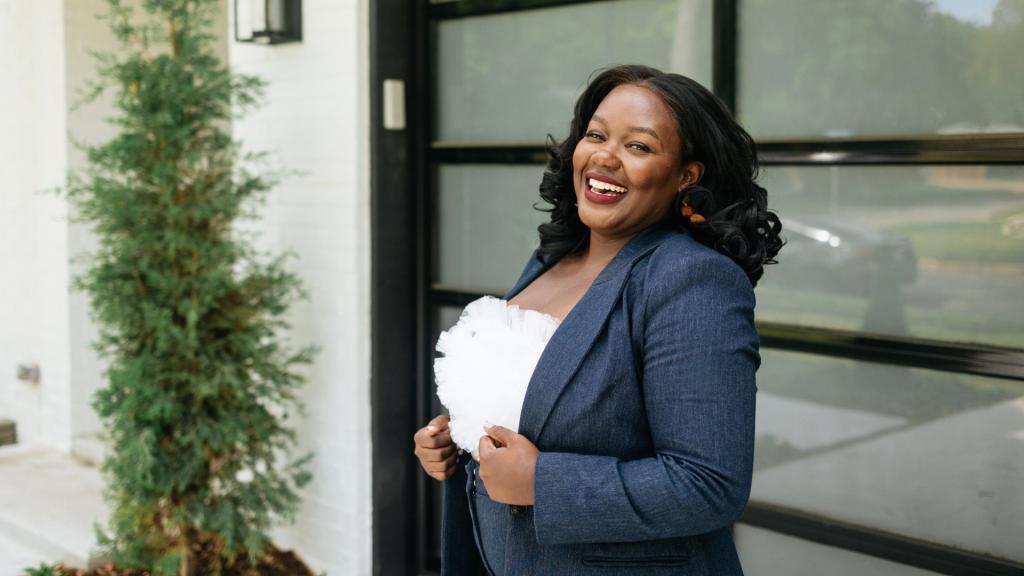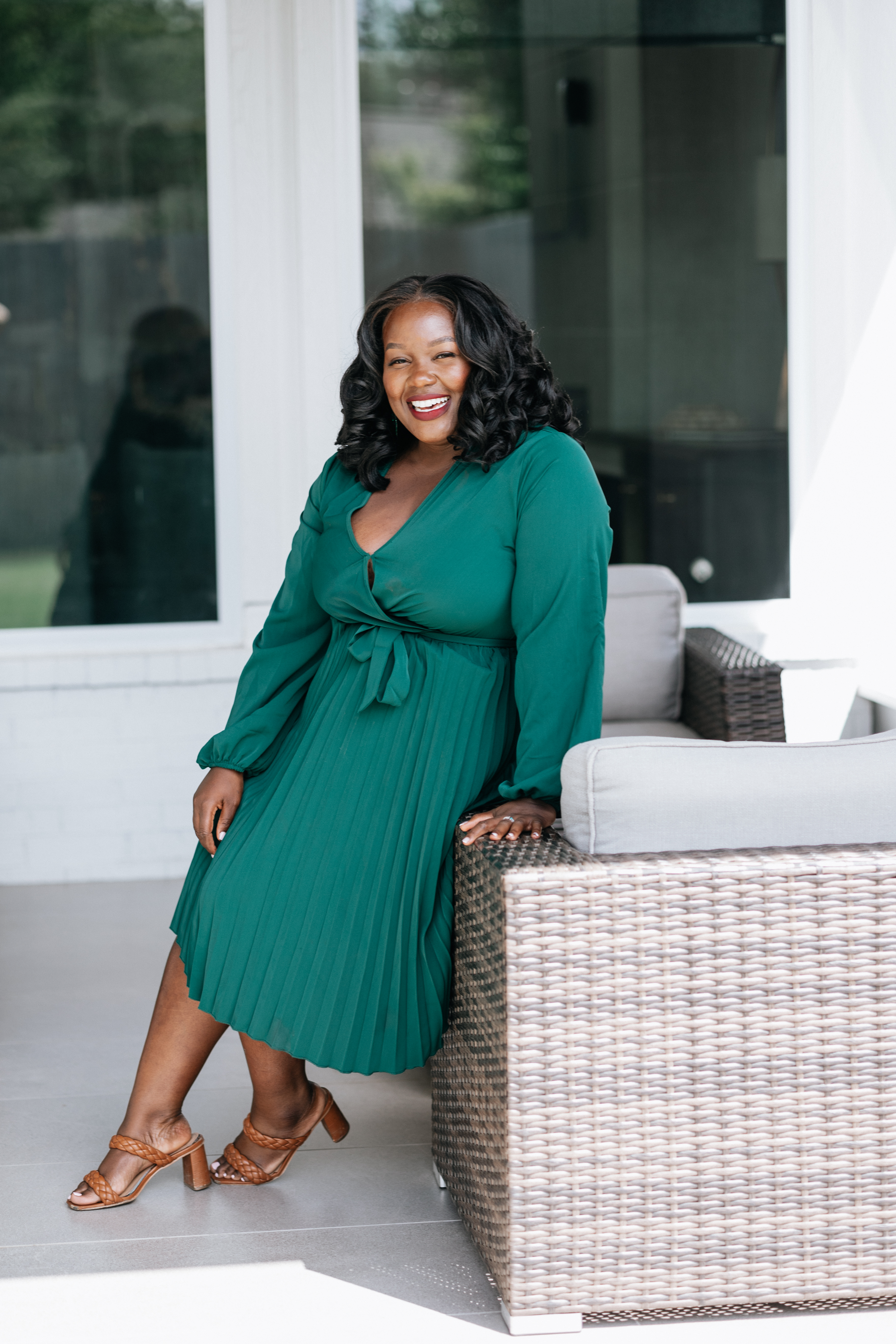I am predicting that this year will be the year we have more homeowners than ever before. When it comes to buying a home there are so many myths. The biggest one we hear time and time again is that your mortgage lender will require that you put a large downpayment of 20% or more down. It couldn’t be even further from the truth. The truth is that depending on your loan you may not need to put any money down. Yes! you heard me correctly: No money down! This may lead you to the next question: Why do I need savings? The simple answer is to cover upfront costs and to satisfy the lender’s requirement of having reserves.
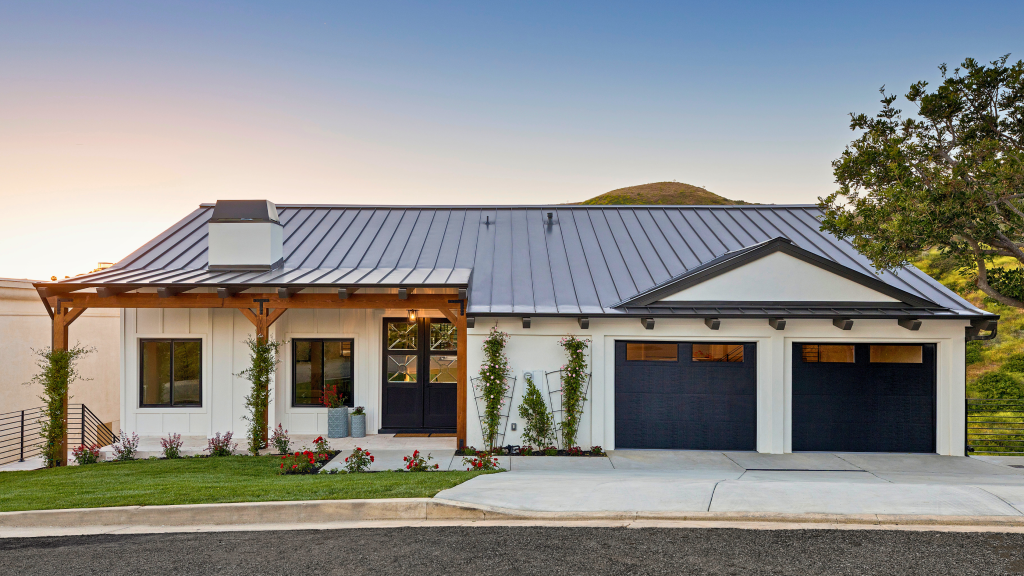
Initial Expenses Involved in Buying a Home
When purchasing a home, there are a few upfront out-of-pocket expenses. This includes Earnest Money, Inspection Fee, and Appraisal Costs. The earnest money is a deposit made by the buyer to demonstrate their serious intent to purchase the property. It is a good faith deposit, typically 1% of the home’s purchase price, that the buyer provides to the seller when submitting an offer. The earnest money is held in an escrow account and is later applied toward the buyer’s down payment and closing costs. If there is no down payment or closing costs, then the buyer will receive money back at the closing table.
Having a home inspection is a crucial step in the home-buying process, ensuring that your prospective investment remains free of any unforeseen issues. A home inspection provides a thorough examination of the property’s structural and mechanical components, identifying potential problems that may not be evident during a standard walkthrough. By investing in a home inspection, you gain valuable insights into the condition of the home, allowing you to make informed decisions and negotiate repairs or adjustments with the seller before finalizing the purchase. The costs of a home inspection can range from $350-$900.
Your mortgage lender will require an appraisal to be done on the property to ensure that the amount of money being borrowed aligns with the actual value of the property. The appraiser evaluates various factors, including the property’s size, condition, location, comparable home sales in the area, and any unique features. The primary purpose of the appraisal is to provide an unbiased and objective valuation of the property. This is crucial for both the buyer and the lender, as it helps determine the fair market value of the home. The cost of the appraisal can range from $600-$800.

What Are Reserves?
Lender-required reserves refer to the amount of money that a mortgage lender may require a borrower to have in reserve, beyond the down payment and closing costs, as a financial safety net. These reserves act as a cushion to cover future mortgage payments and other housing-related expenses in case of unexpected financial challenges.
Money-saving accounts and 401(k)s may be eligible sources for lender-required reserves. Money-saving accounts, such as savings or checking accounts, are straightforward options. Lenders often prefer liquid assets that can be easily accessed if needed. These accounts demonstrate a borrower’s ability to cover mortgage payments and other expenses.
Budgeting & Saving Tips

- Establish a Monthly Savings Goal: Based on the total savings target and the timeline for purchasing a home, help your clients set a monthly savings goal. Divide the total amount they need to save by the number of months before they plan to buy.
- Create a Separate Savings Account: Encourage your clients to open a separate savings account dedicated to their homebuying fund. This helps them track their progress and prevents the funds from being easily spent on other expenses.
- Cut Unnecessary Expenses: Identify areas where your clients can cut back on unnecessary expenses. This might include dining out less frequently, reducing entertainment expenses, or renegotiating subscription services. Redirect the saved funds to their homebuying savings.
- Increase Income if Possible: Explore opportunities for your clients to increase their income, such as taking on a part-time job, freelancing, or exploring side hustles. Supplementing their income can accelerate the savings process.
5. Take Advantage of Windfalls: Advise your clients to allocate unexpected financial windfalls, such as tax refunds, work bonuses, or monetary gifts, toward their homebuying fund. This can significantly boost their savings.
6. Regularly Review and Adjust the Plan: Regularly review the savings plan with your clients to ensure they are on track. If there are changes in their financial situation or homebuying timeline, be ready to adjust the plan accordingly.
Home Ownership Is A Journey
Homeownership is a journey that deserves careful consideration and patience. Rushing into such a substantial financial commitment can lead to potential pitfalls and regrets. Taking the time to thoroughly research, plan, and assess one’s financial readiness ensures a more informed decision and a smoother journey. Patience allows prospective homeowners to explore various options, weigh the pros and cons, and make choices aligned with their long-term goals.
Oklahoma Realtor
Erica Garvin
-
Hiring A Homebuilder? Here Are 10 Questions To Ask
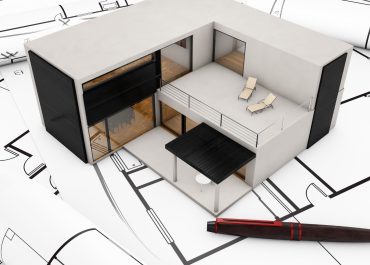
Choosing who to hire to build your dream home can prove to be a difficult task. Firstly, there’s a multitude of builders with varying levels of experience, expertise, and reputation. The abundance of options can feel overwhelming. While online reviews and testimonials can provide insights, they may not always paint a complete picture of a…
-
February 2024- Oklahoma Market Update
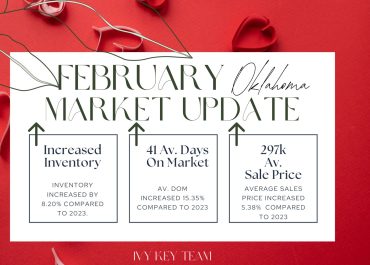
Months Supply of Inventory (MSI) Increases The total housing inventory at the end of February 2024 rose 8.20% to 2,389 existing homes available for sale. Over the last 12 months this area has had an average of 1,031 closed salesper month. This represents an unsold inventory index of 2.32 MSI for this period. Average Days…
-
Building A New Home Vs Buying An Existing One: What You Need To Know
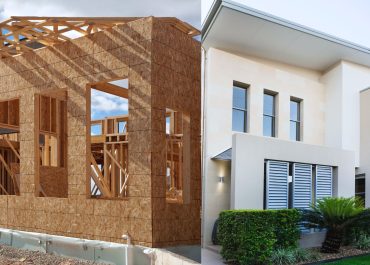
Deciding between building a new home or buying an existing one can be difficult. There is so much information available with biased opinions on which choice you should make. I am here to tell you that ultimately the decision is based on budget, timeline, and your reasons why. In other words, the decision is unique…



